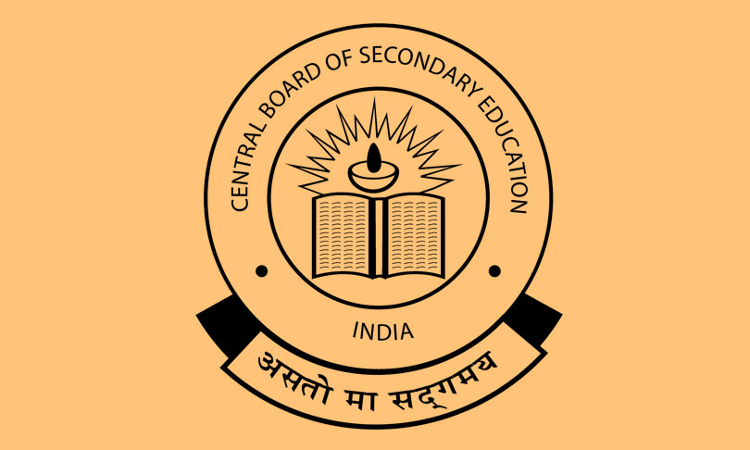"No Territorial Jurisdiction Simply Because CBSE Head Office In Delhi": Delhi High Court
Shreya
14 Jun 2021 12:07 PM IST

Next Story
14 Jun 2021 12:07 PM IST
Refusing to entertain a plea by a school student in Ghaziabad against an increase in her CBSE-affiliated school's fees, the Delhi High Court has said that as a central body, the Central Board of Secondary Education (CBSE) can defend proceedings anywhere in the country and that the Delhi High Court does not have territorial jurisdiction in all matters of CBSE merely because its head office is...
